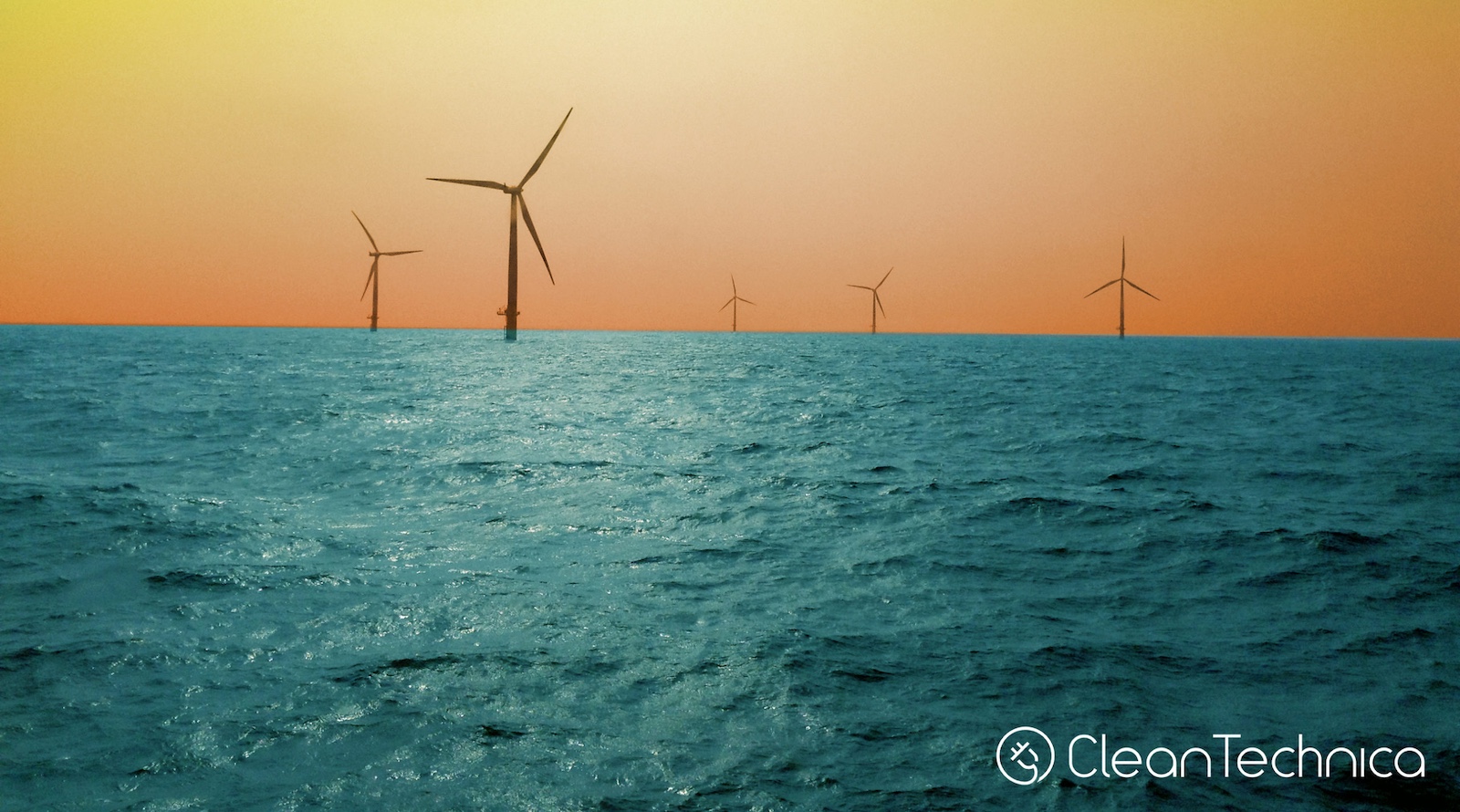The JV will cater to the ride-hailing market and provide battery swap services for NEVs, CATL said.
The post CATL, Didi form JV for battery swap business appeared first on CnEVPost.
For more articles, please visit CnEVPost.
The JV will cater to the ride-hailing market and provide battery swap services for NEVs, CATL said.
The post CATL, Didi form JV for battery swap business appeared first on CnEVPost.
For more articles, please visit CnEVPost.





JuneYao Auto is a new Chinese car brand established in November 2023 by JuneYao Group, who also owned JuneYao Airlines.
The post JuneYao Air is an all-electric vehicle revealed by JuneYao Auto, market entry in 2025 appeared first on CarNewsChina.com.


